
Jamaican singer-songwriter Bob Marley overcomes adversity to become the most famous reggae musician in the world.
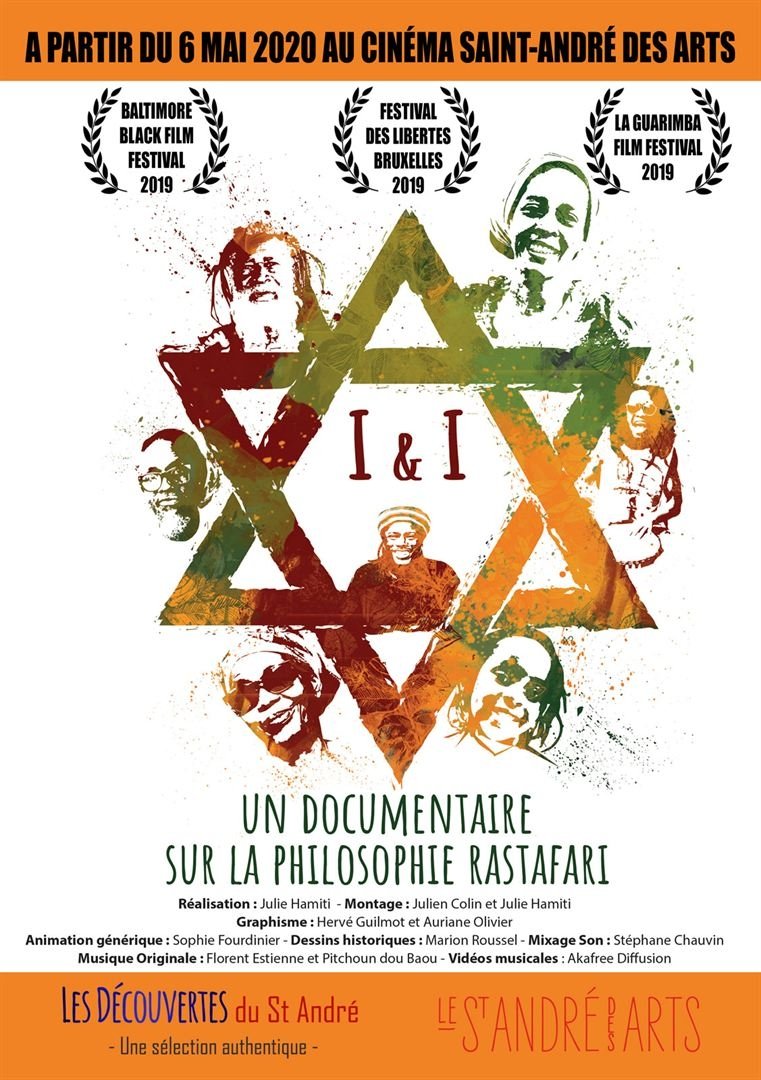
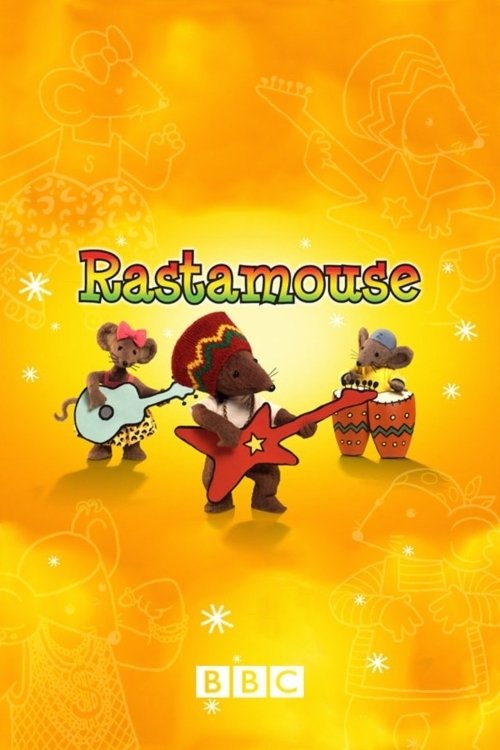
Rastamouse is a British animated stop motion children's TV series created by Genevieve Webster and Michael De Souza and produced by Three Stones Media/The Rastamouse Company for CBeebies. The show follows crime-busting mouse reggae band Da Easy Crew, who split their time between making music and solving mysteries for Da President of Mouseland. The first 52 episodes of the initial series were shown in the afternoon beginning 31 January 2011 on CBeebies. From 7 March 2011, the programme was repeated in the early mornings, on BBC Two. The second series, comprising a further 26 episodes, started on 20 August 2012, on CBeebies.
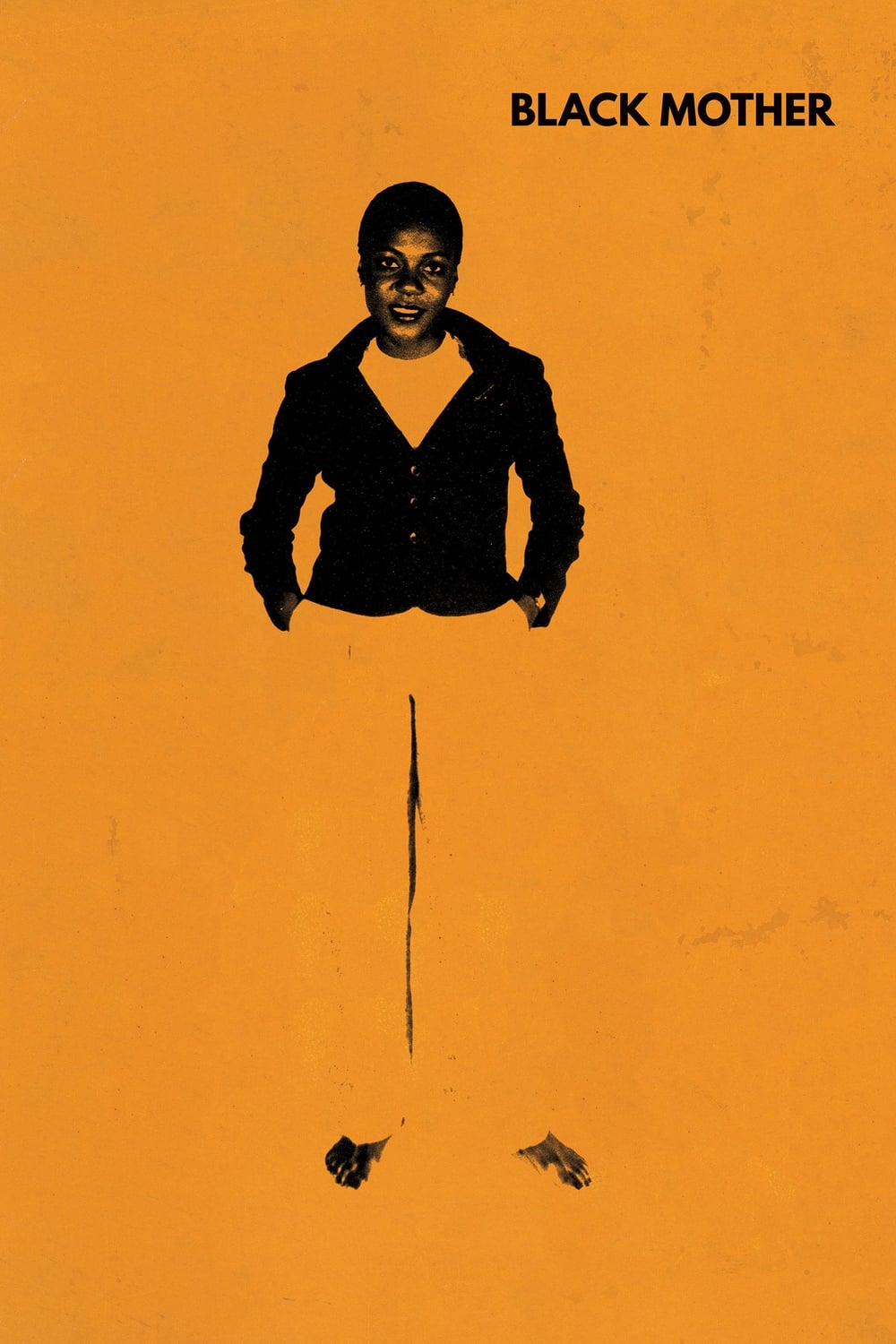
Part film, part baptism, in BLACK MOTHER director Khalik Allah brings us on a spiritual journey through Jamaica. Soaking up its bustling metropolises and tranquil countryside, Allah introduces us to a succession of vividly rendered souls who call this island home. Their candid testimonies create a polyphonic symphony, set against a visual prayer of indelible portraiture. Thoroughly immersed between the sacred and profane, BLACK MOTHER channels rebellion and reverence into a deeply personal ode informed by Jamaica’s turbulent history but existing in the urgent present.
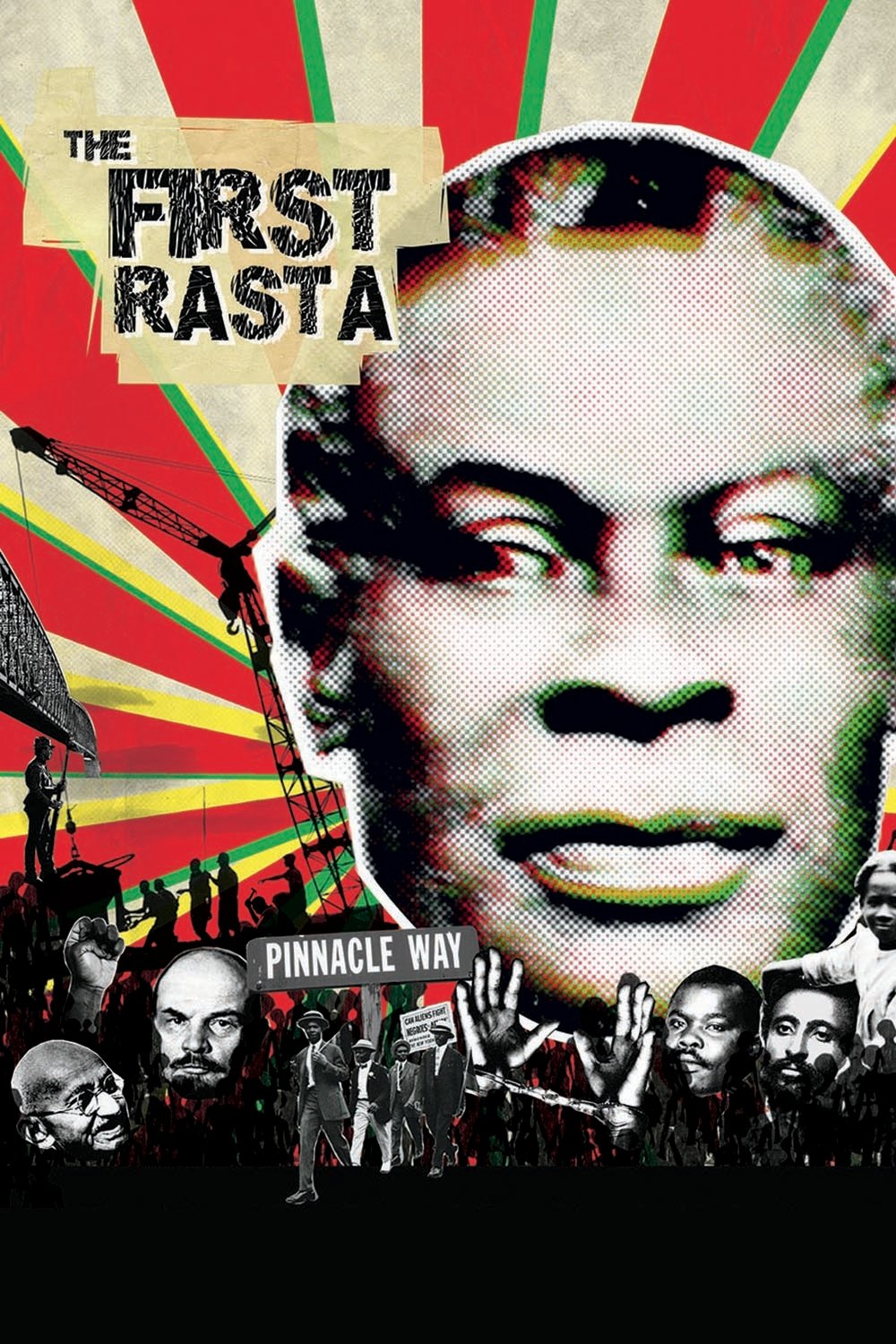
Going far beyond the standard imagery of Rasta—ganja, reggae, and dreadlocks—this cultural history offers an uncensored vision of a movement with complex roots and the exceptional journey of a man who taught an enslaved people how to be proud and impose their culture on the world. In the 1920s Leonard Percival Howell and the First Rastas had a revelation concerning the divinity of Haile Selassie, king of Ethiopia, that established the vision for the most popular mystical movement of the 20th century, Rastafarianism. Although jailed, ridiculed, and treated as insane, Howell, also known as the Gong, established a Rasta community of 4,500 members, the first agro-industrial enterprise devoted to producing marijuana. In the late 1950s the community was dispersed, disseminating Rasta teachings throughout the ghettos of the island. A young singer named Bob Marley adopted Howell's message, and through Marley's visions, reggae made its explosion in the music world.
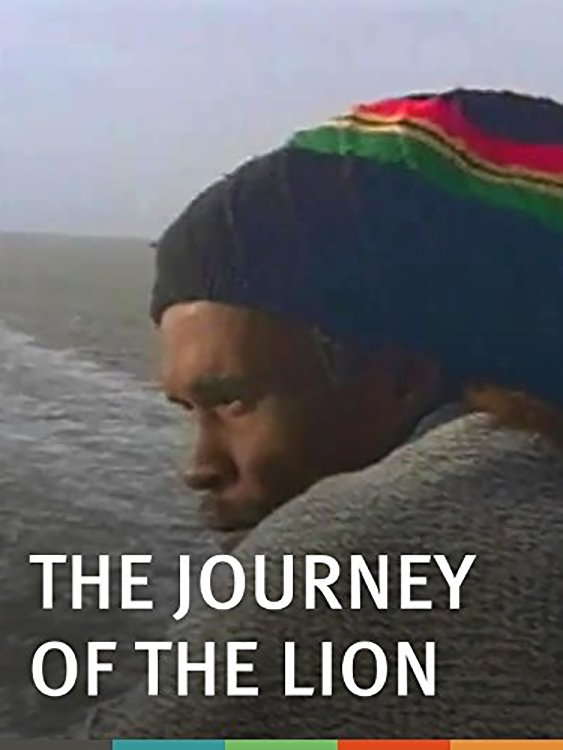
Brother Howie is a Jamaican Rastifari who dreams of the land of his ancestors: Africa. On a journey in search of his roots and his identity he travels through three continents and (with great humor and sensitivity) discovers the world and Africa.
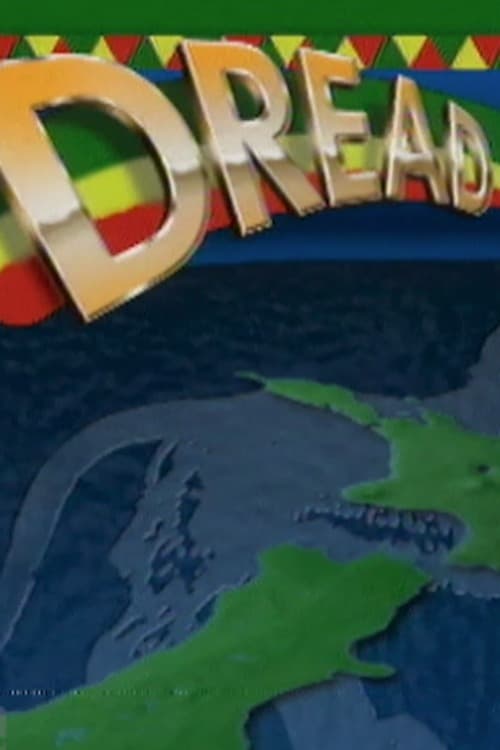
An East Coast community in Ruatōria, New Zealand attempts to live in autarchy according to the tenets of their movement. Bob Marley, a prophet of our electronic age, is the soundtrack to the everyday lives of these Māori who feel closer to their own roots by observing a blend of Afro-Carribean Rastafarianism and the Ringatū faith. Merata Mita's camera respectfully portrays this singular cultural dialogue. The outsider cultures of Jamaicans, Ethiopians and Māori have come together, vibrating to a common cosmic chord. They find an underground brotherhood, across continents and seas.
Two rockers are getting married.They don't want wear proper suits and shoes at the wedding. Their family and friends are talking about different aspects in organizing the wedding. Everybody seems to know whats best for them.
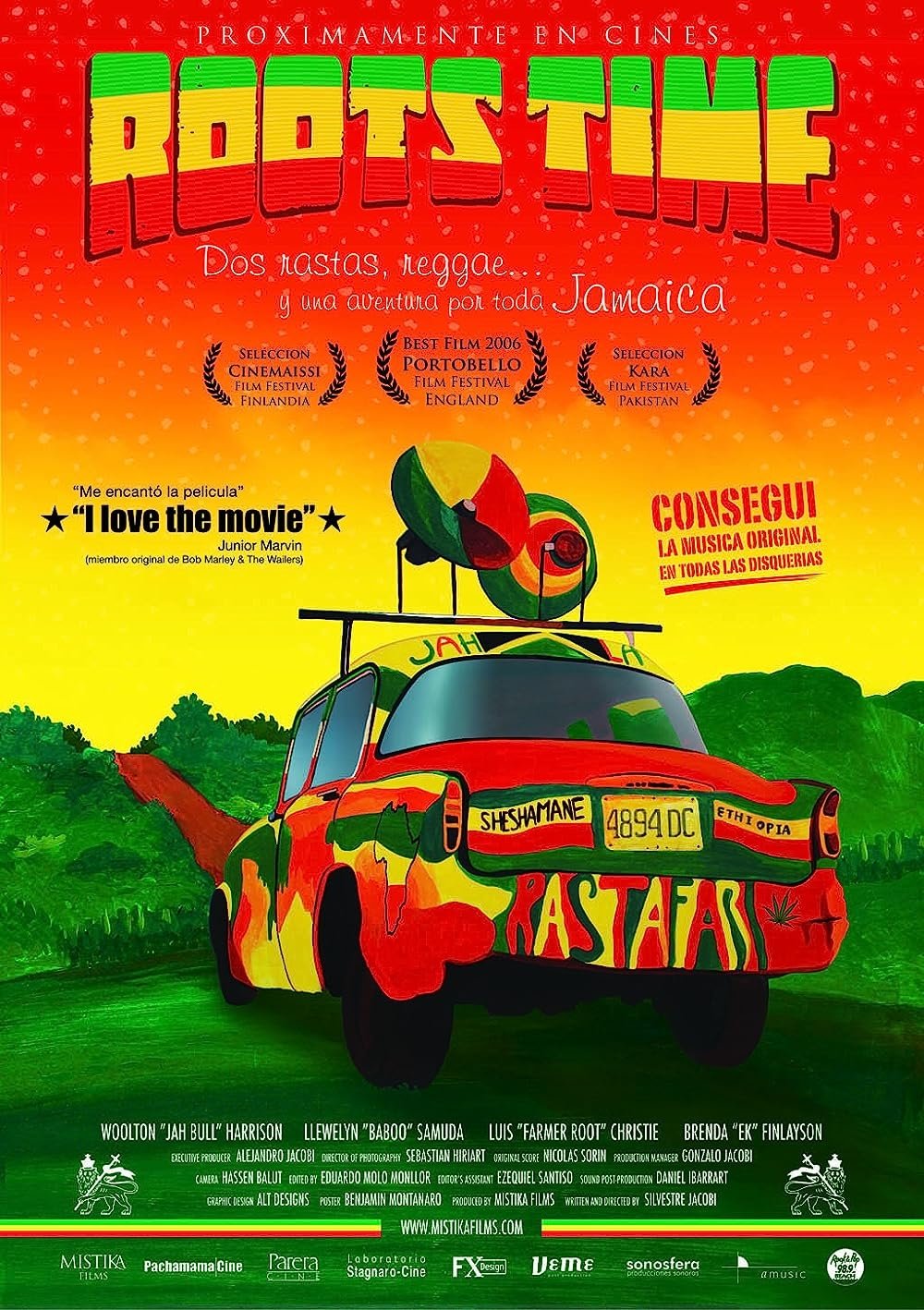
Roots Time is the story of "Jah Bull" and "Baboo", two Rastafarians that sell LP records in an old colorful car field for the villages within Jamaica. By chance "Farmer Roots," his favorite radio host makes them finger in an emergency by carrying his sick girlfriend to a hospital. "Jah Bull" and "Baboo" by their Rastafarian principles, do not believe in traditional medicine and convince "Farmer Roots" to take his sick girlfriend to a known herbal doctor called Bongo Hu. Getting to the herbal doctor is much more difficult than they expected and all kinds of adventures happen along the way
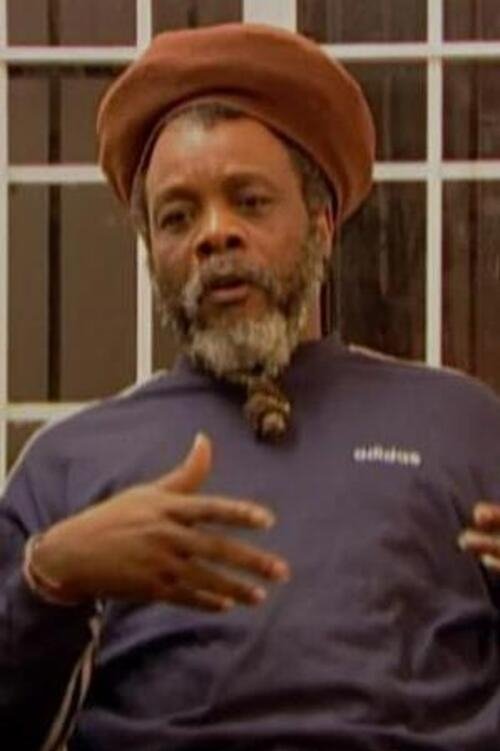
A portrait of Rastafarians living in Tottenham at the start of the new millennium.
By browsing this website, you accept our cookies policy.